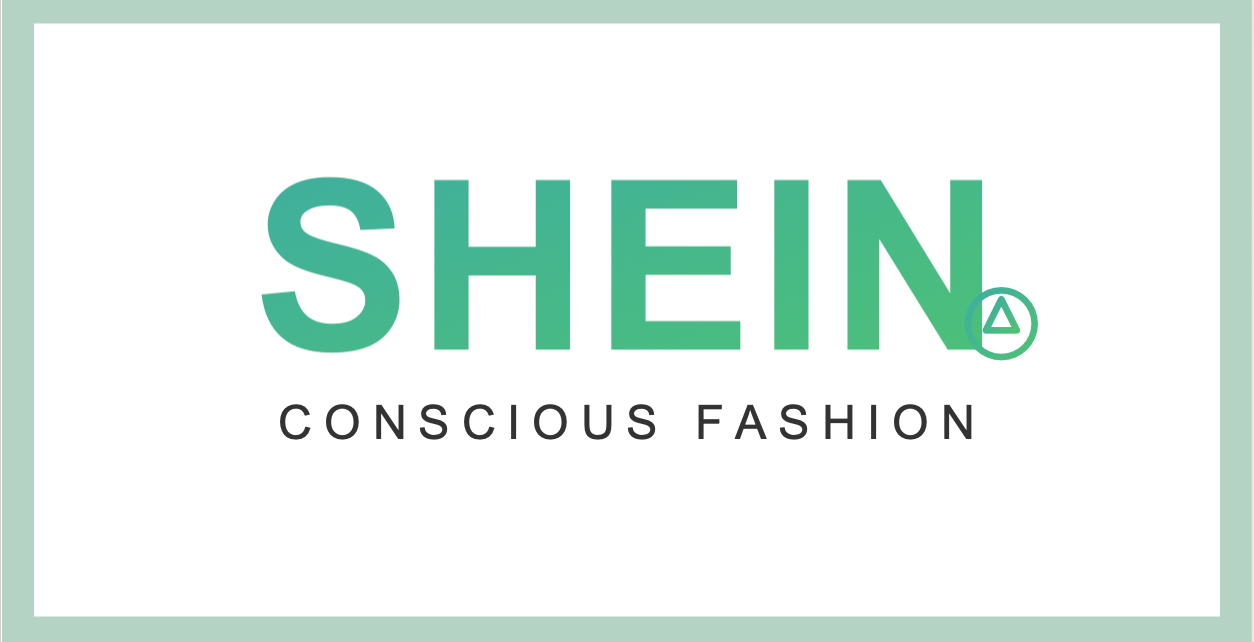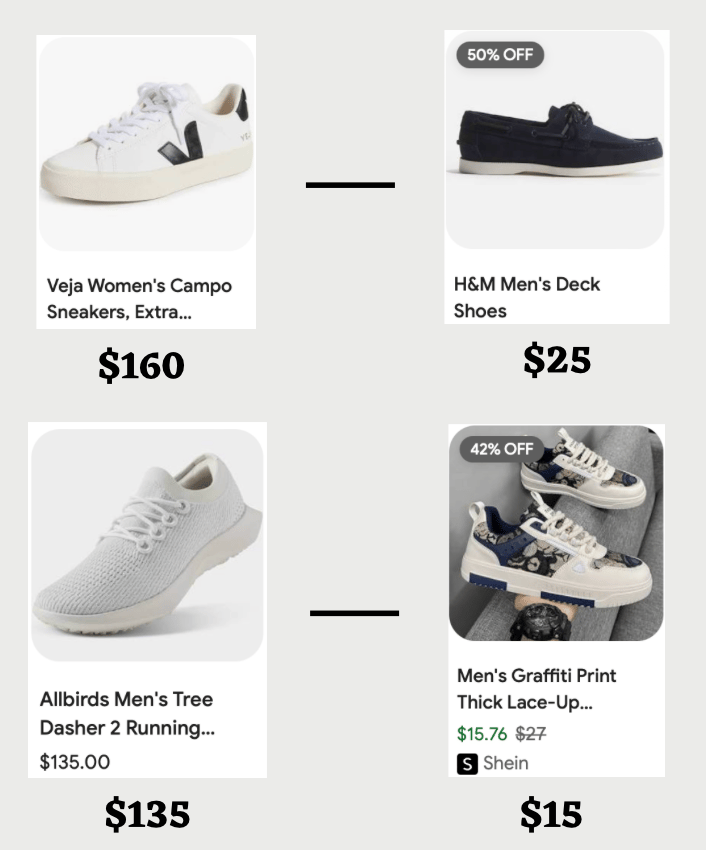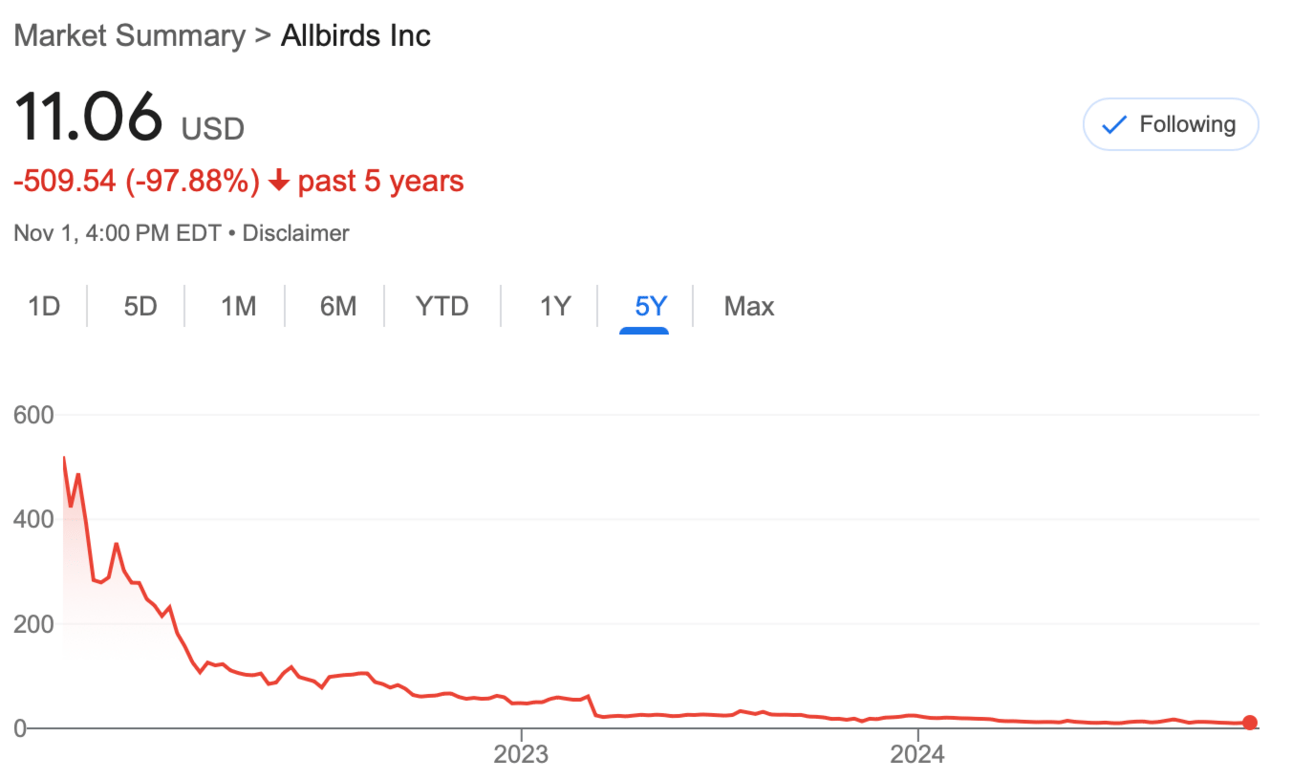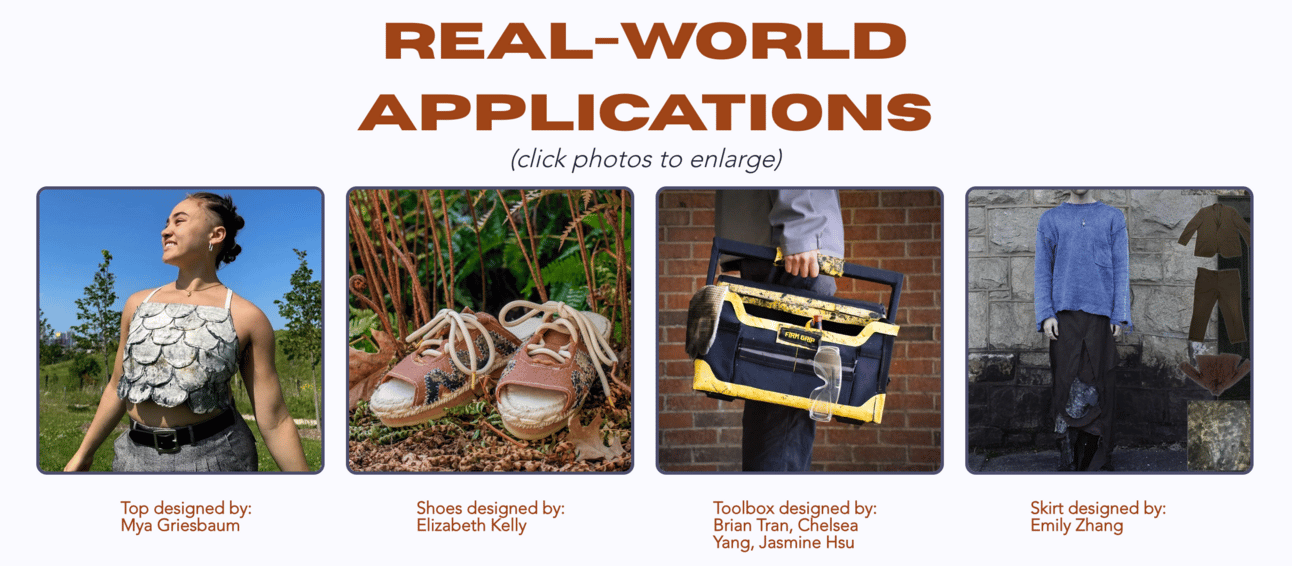- The GTVC Publication
- Posts
- Society doesn’t want Allbirds, it wants sustainable Shein.
Society doesn’t want Allbirds, it wants sustainable Shein.
GTVC Insider: 4th Edition -- Authored by Nils Bognar & Hillary Kwok
Fast Fashion and Sustainable Fashion Industries.

In the last 15 years, the number of times an item is worn has decreased by 40%, but production has almost doubled. Statistics that scream wasteful. A perfect storm of cheap labor, poor regulation, and irresistible social media marketing built fast fashion into a giant industry worth $136B (2024).
Society has recognized the rough practices associated with it, and opened the doors to reveal another alternative: sustainable fashion ($7.8B valuation in 2023).
Sustainable fashion is projected to explode, with a CAGR of 22.9%, reaching $33B by 2030. Large market, but is still roughly only 20% of the fast fashion industry, which begs the question:
Why aren’t sustainable brands taking over?
71% of consumers say that they want to buy sustainable, but 12% actually do
Sustainable products are priced too high. Consumers are willing to spend a 12% premium on average for sustainable products (Bain). However, most items exist at a 28% premium for markets advertised as sustainable, representing a significant disconnect. That 28% becomes much higher when compared to low-price fashion brands like Shein and H&M.
Adding on, Allbirds has significantly lower gross margins (41%) than fast fashion comparables like H&M (51%). The difference in gains of scale between the two is significant.

Price Comparison between sustainable and fast fashion brands.
Demographics and shopping habits in GenZ do not support sustainability either. The median net worth for people under 35 is around $39,000, the lowest of any generation. GenZ also shops for clothes frequently, with 57% shopping for them monthly. This combination perfectly sets the scene for fast fashion to come in, bullying out any low-inventory sustainability brand. GenZ cannot afford it with their current shopping habits.
Take Allbirds: Their open-sourced technology is doing amazing things; Their brand is not.
Declining sales have forced their stock price from a high of 393 in Dec 2021 to currently hovering around 11$ after a 20-1 reverse stock split. They stated the reason as being unable to hold their price point, even with lower margins than competitors. It was too high for consumers. Surprising considering Allbirds shoes cost from $100-$150.

Performance of Allbirds stock since IPO.
Our take on investing in sustainability brands.
Sustainability brands, while trendy, are not a realistic option with the current price points and consumer shopping habits. Investment needs to come into the technology, lowering costs and improving the efficiency of the processes that all fashion, including fast fashion, thrives on.
Three main reasons drive the current growth thesis of sustainable fashion, resulting in its high projected CAGR (22.9%):
Technological innovation: Companies working on solutions through supply chain efficiency, recycling technology, raw material advancements, and automation help drive down costs for sustainable manufacturing.
Scale Economics: Shared supply chains and a growing market ($7B—>$33B) enable larger economies of scale.
Regulatory Pressure: Tax Incentives and additional producer responsibility laws push the costs of sustainable practices lower and unsustainable practices higher.
Georgia Tech Startup Spotlight: Mycorrhiza Fashion
Mycorrhiza Fashion represents our sustainable fashion investment focus: using innovative technology to disrupt the unsustainable fast fashion paradigm from within.
Founded by Mya Griesbaum in 2022, Mycorrhiza Fashion is developing technology to produce wearable fungi leather. Mycorrhiza’s fungi-based leather technology represents one solution for the fashion industry's waste problem. By using properties of fungi to upcycle textile waste, the company is helping create a circular production model that can be applied across all apparel brands, not just sustainable labels.

Mycorrhiza Products from Website
In 2024, they won first prize out of 30 competitors in the SUSTAIN-X competition. We’re excited to see how they progress!
Thanks for reading this far. If you’re interested in joining GTVC or being part of one of our events, please reach out to Xander Coles at [email protected]